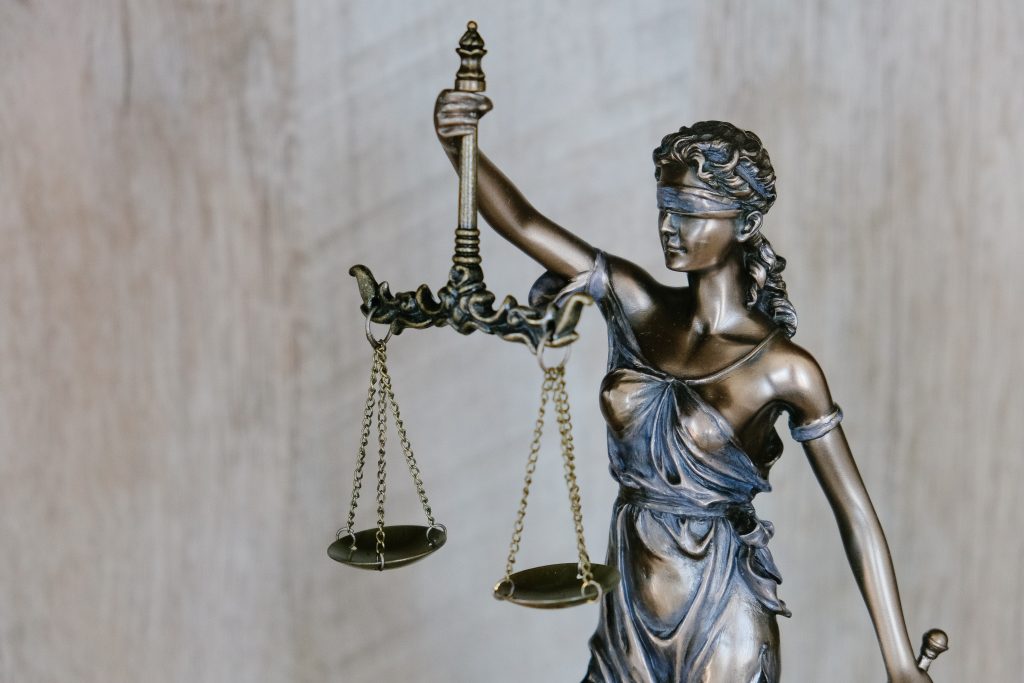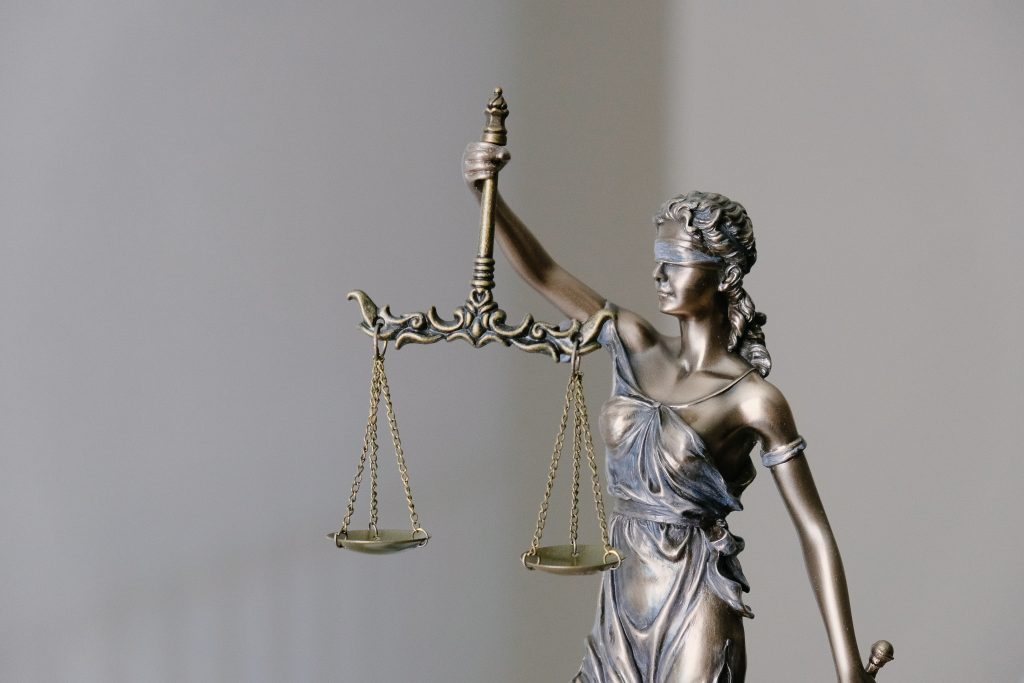“Exculpatory Evidence” is a vital element in crafting compelling content for a criminal defense attorney’s website blog. By taking into account the unique perspective of individuals facing criminal charges in Utah, you can effectively address their needs and concerns. Your expertise in this field allows you to create posts that communicate complex legal concepts in a clear and accessible manner, providing valuable information for your target audience.
Incorporating engaging case studies and real-life scenarios can demonstrate your expertise and experience, setting your firm apart from others. By directly addressing common legal concerns, you instill confidence and alleviate anxieties, offering reassurance and guidance to potential clients. Additionally, personal stories can be utilized to humanize your practice and establish emotional connections with your readers. Ensure that your content is optimized for search engines by conducting thorough keyword research and incorporating keywords naturally. Furthermore, remember to include a clear call-to-action in every blog post, encouraging potential clients to take the necessary steps and seek assistance promptly.
Exculpatory Evidence
Exculpatory evidence refers to evidence that tends to prove the innocence of an accused individual in a criminal case. It is essential in ensuring justice is served and is a fundamental principle in the legal system. This article will explore the definition, importance, legal standards, types, collection methods, challenges, and the role of exculpatory evidence in the criminal justice system.

This image is property of images.unsplash.com.
Definition of Exculpatory Evidence
Exculpatory evidence is any evidence that counters or contradicts the evidence presented by the prosecution, potentially leading to the acquittal or dismissal of charges against the accused. This evidence can be testimonial, physical, or documentary, providing new information or challenging the credibility, accuracy, or timing of the evidence presented by the prosecution. It is crucial for the defense to carefully identify and present exculpatory evidence to support their case.
Importance of Exculpatory Evidence
The importance of exculpatory evidence cannot be overstated. Its role is to ensure that the guilty are convicted and the innocent are acquitted. In a justice system that values fairness and accuracy, the inclusion of exculpatory evidence helps prevent wrongful convictions and safeguards individual rights. Without the disclosure and consideration of such evidence, there is a risk of convicting individuals who may be innocent, leading to irreversible consequences on their lives.
Legal Standards for Disclosure
The legal standards for disclosing exculpatory evidence vary across jurisdictions, but a common principle is the Brady Rule. The Brady Rule requires prosecutors to disclose evidence favorable to the defense that is material to either guilt or punishment. This landmark U.S. Supreme Court decision in Brady v. Maryland established the obligation for prosecutors to share exculpatory evidence, even if not directly requested by the defense. Violating this obligation can result in the reversal of convictions and disciplinary action against the prosecutor.
Types of Exculpatory Evidence
Exculpatory evidence comes in various forms, each with the potential to cast doubt on the prosecution’s case. Witness statements that contradict the prosecution’s narrative or provide an alibi for the accused are valuable exculpatory evidence. Additionally, surveillance footage, DNA analysis, forensic evidence, phone records, and expert testimony can all contribute to exculpating individuals. It is essential for defense attorneys to meticulously investigate and collect these types of evidence to build a strong case.

This image is property of images.unsplash.com.
How Exculpatory Evidence is Collected
Collecting exculpatory evidence requires a comprehensive and systematic approach. Defense attorneys collaborate with investigators to search for witnesses, review existing evidence, and conduct thorough examinations of potential hidden evidence. This process may involve interviewing witnesses, hiring experts to analyze forensic evidence, conducting surveillance, and reviewing police reports and other official documents. The collection of exculpatory evidence is a crucial step in safeguarding the rights of the accused and ensuring the accuracy of the justice system.
Challenges in Obtaining Exculpatory Evidence
Obtaining exculpatory evidence is not without challenges. Limited resources for the defense, time constraints, and the reluctance of witnesses to come forward can hinder the collection process. Additionally, there may be intentional or unintentional withholding of evidence by prosecutors, who are often determined to secure a conviction. These challenges emphasize the need for robust legal safeguards and the proper enforcement of the disclosure obligations by the judicial system.

This image is property of images.unsplash.com.
Exculpatory Evidence and the Criminal Justice System
Exculpatory evidence plays an integral role in the criminal justice system. Its recognition and inclusion ensure that the prosecution must prove the guilt of the accused beyond a reasonable doubt. By requiring prosecutors to disclose exculpatory evidence, the legal system aims to maintain fairness and protect the innocent from wrongful convictions. The discovery, presentation, and consideration of this evidence help balance the adversarial nature of criminal proceedings and promote truth-seeking.
Famous Cases Involving Exculpatory Evidence
Numerous famous cases have highlighted the significance of exculpatory evidence and its potential to overturn convictions. One notable example is the case of Barry Scheck and Peter Neufeld’s Innocence Project, which has helped exonerate individuals through DNA evidence. Another remarkable case is that of Michael Morton, who served nearly 25 years in prison before being exonerated by DNA testing, revealing suppressed exculpatory evidence. These cases underscore the critical role of exculpatory evidence in delivering justice and the necessity for continued vigilance in its discovery.
The Role of Prosecutors and Defense Attorneys
Both prosecutors and defense attorneys play vital roles in the discovery and presentation of exculpatory evidence. Prosecutors have an ethical and legal obligation to review all evidence, including potentially exculpatory evidence, and disclose it to the defense. Their duty is not solely to secure convictions but to seek justice, which necessitates a fair and balanced approach. Defense attorneys, on the other hand, are responsible for actively seeking exculpatory evidence to challenge the prosecution’s case and protect the rights of their clients. The collaboration between both parties is essential to ensure a fair trial.
Ensuring a Fair Trial with Exculpatory Evidence
To ensure a fair trial, it is imperative that the judicial system prioritizes the discovery and disclosure of exculpatory evidence. Robust policies and procedures should be in place to prevent intentional or unintentional withholding of such evidence. Judges have a crucial role in overseeing this process and enforcing the disclosure obligations. Furthermore, adequate funding, resources, and training must be provided to defense attorneys to effectively collect and present exculpatory evidence. Only by upholding the principles of fairness, transparency, and accuracy can the justice system fulfill its duty of finding the truth and protecting the innocent.
In conclusion, exculpatory evidence is an essential component in the pursuit of justice within the criminal justice system. Its ability to counter the evidence presented by the prosecution underscores its importance in protecting the rights of the accused and preventing wrongful convictions. Through the establishment of legal standards, the diligent collection and disclosure of exculpatory evidence can help ensure fair trials and uphold the integrity of the justice system. It is incumbent upon all stakeholders, including prosecutors, defense attorneys, and judges, to firmly uphold these principles and work together to ensure that every accused person has access to a fair and just trial.



